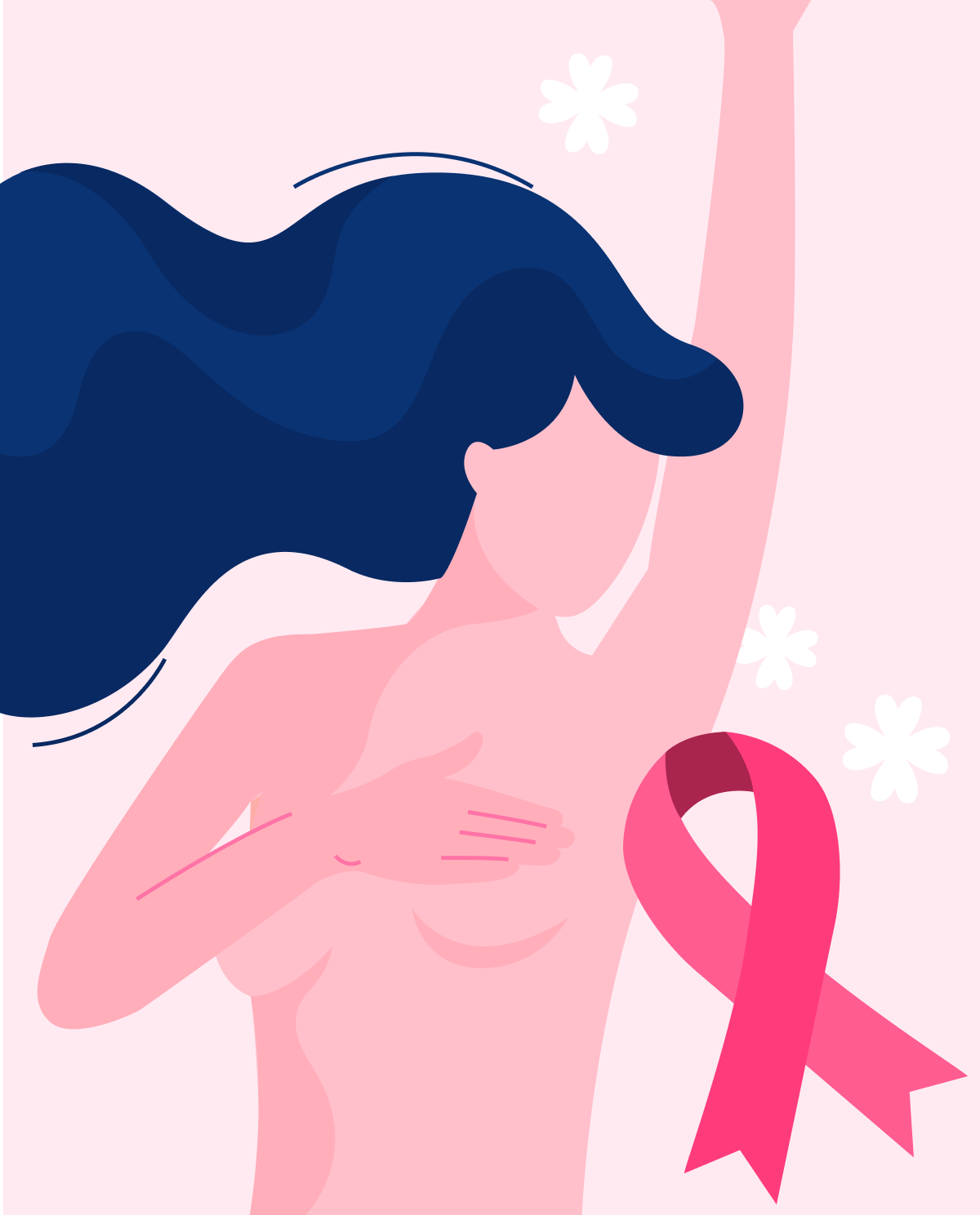- Wellness
-
by Skippack Pharmacy
Empowerment Through Awareness: Breast Cancer and the Importance of Self-Checks

Breast cancer, one of the most prevalent cancers among women, underlines the significance of early detection and awareness. October, recognized as Breast Cancer Awareness Month, serves as a reminder to educate ourselves about breast health and the importance of regular self-checks. In this blog post, we delve into the world of breast cancer awareness and the pivotal role that self-examinations play in early detection.
Understanding Breast Cancer:
Breast cancer is a condition where abnormal cells develop in the breast tissue. It can occur in both men and women, though it’s more common in women. With advancements in medical science, early diagnosis and timely treatment have significantly improved the chances of survival. This is where breast cancer awareness and self-examinations come into play.
The Power of Early Detection:
Early detection of breast cancer drastically increases the likelihood of successful treatment. Regular self-checks enable you to become familiar with your breast tissue and quickly notice any changes, allowing for prompt medical attention if needed. Remember, knowledge is power, and the more you understand about your body, the better equipped you are to take control of your health.
Performing Self-Checks:
Self-examinations are a simple yet crucial aspect of breast cancer awareness. Here’s a step-by-step guide to performing a breast self-exam:
Visual Examination: Stand in front of a mirror with your arms by your sides. Observe your breasts for any changes in size, shape, or skin texture. Look for any redness, dimpling, or puckering.
Raised Arms: Raise your arms and examine your breasts again. Pay attention to the same visual cues as before.
Manual Examination: Lie down and use your opposite hand to examine each breast. Use your fingertips to feel for lumps or unusual changes in the breast tissue. Start from the outer edge and move in a circular motion toward the center, including the entire breast and underarm area.
Nipple Examination: Finally, gently squeeze your nipple to check for any unusual discharge. If you notice any blood or non-milky discharge, consult a healthcare professional.
Frequency of Self-Checks:
Ideally, perform a breast self-exam once a month. The best time to do this is a few days after your period when your breasts are least likely to be tender or swollen. If you’ve reached menopause, choose a consistent day each month for the examination.
When to Seek Medical Attention:
It’s important to remember that most breast changes are not cancerous, but any persistent changes or abnormalities should be discussed with a healthcare professional. If you notice any of the following, consult your doctor:
- New lump or mass
- Skin changes, such as redness or dimpling
- Unexplained pain
- Changes in nipple appearance or discharge
Conclusion:
Breast cancer awareness and self-checks are your armor in the battle against this disease. By understanding your body, recognizing changes, and promptly seeking medical advice, you take a proactive step toward your own well-being. Empower yourself with knowledge, make self-checks a part of your routine, and encourage your loved ones to do the same. Remember, early detection saves lives, and your commitment to breast health is a testament to your strength and resilience.
- https://www.cdc.gov/cancer/dcpc/resources/features/breastcancerawareness/index.htm
- https://www.emro.who.int/fr/noncommunicable-diseases/campaigns/breast-cancer-awareness-month-2022.html
- https://www.leehealth.org/health-and-wellness/healthy-news-blog/cancer-care/breast-cancer-awareness-importance-of-early-detection